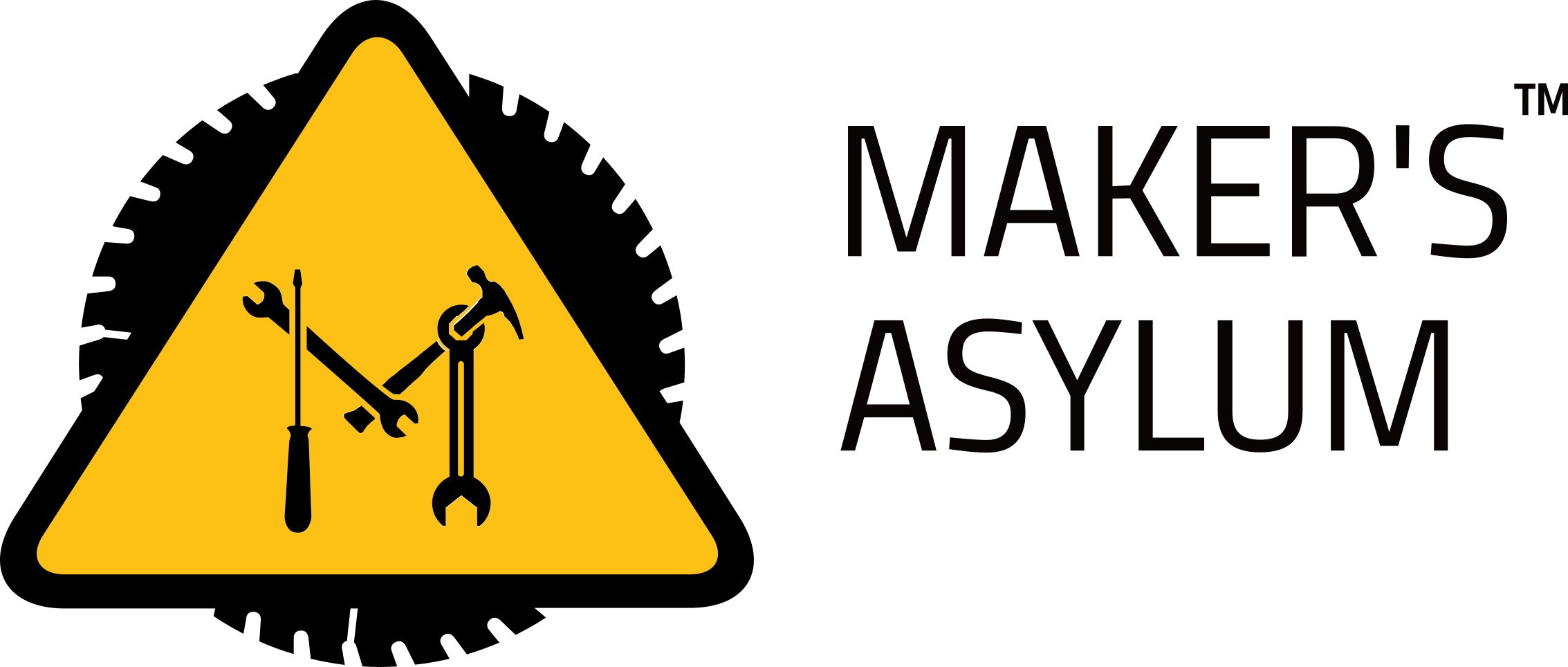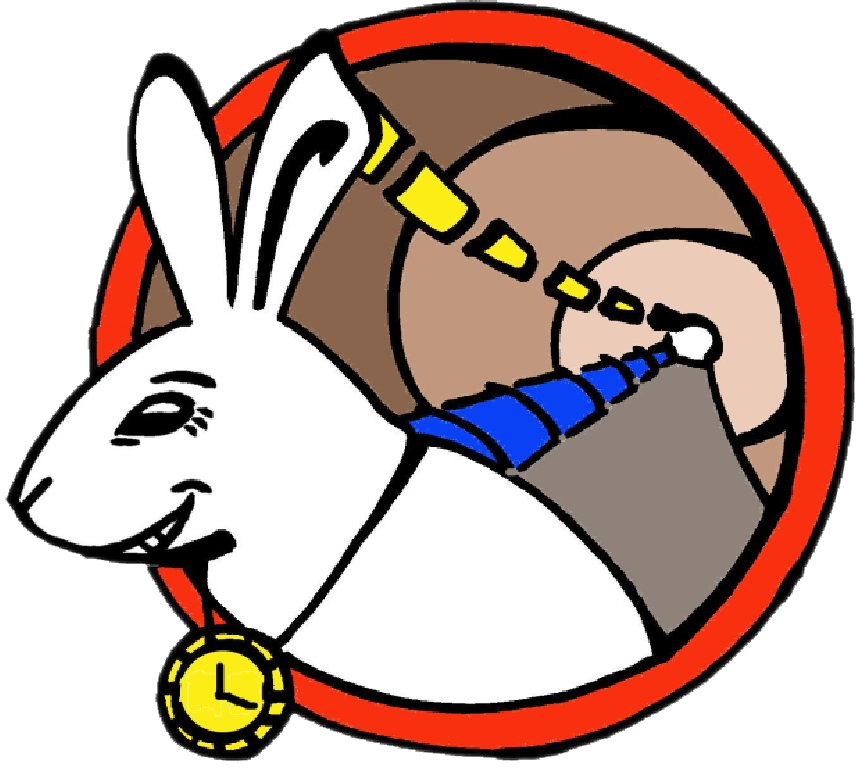M19 Oxygen Concentrator
Interview: M19 Oxygen Concentrator by the Open make team, Vaibhav Chhabra. Copyright to the authors, distributed under a CC-BY 4.0 licence. Sections: The project The hardware The research outputs The participants Banner image: maker’s asylum logo Interviewee: Vaibhav Chhabra Interviewers: Robert Mies (TU Berlin) & Moritz Maxeiner (FU Berlin) Transcription and editing: Diana Paola Americano Guerrero, Fabio Reeh, Robert Mies, Moritz Maxeiner & Julien Colomb Screenshot of the interview.








